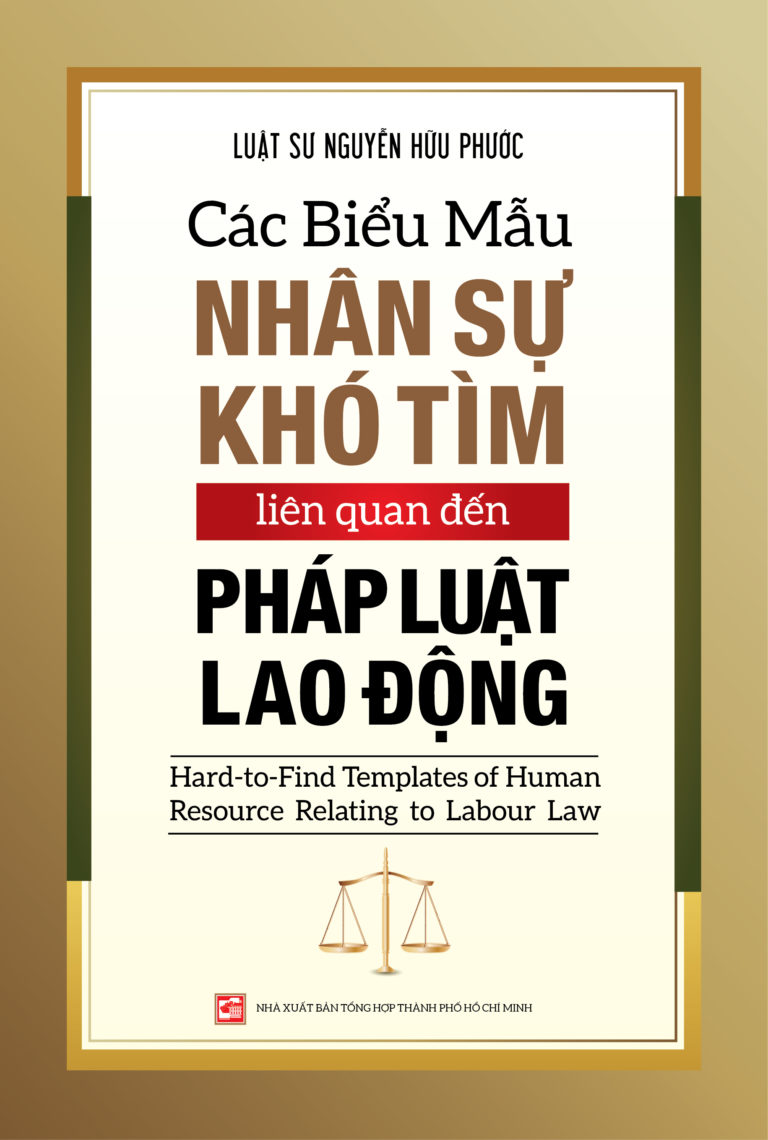TOP 3 LEGAL CONSIDERATIONS WHEN WORKING WITH FOREIGN PARTNERS TO AVOID BAD DEBTS
In the era of globalisation and trade liberalisation, collaborating with foreign partners has become an essential development strategy for many Vietnamese enterprises. However, alongside the opportunities for market expansion come significant risks of bad debts – a legal issue increasingly prevalent in export–import, processing, and cross-border service activities.
Many Vietnamese businesses face prolonged outstanding debts, unrecoverable receivables, or even situations where foreign partners deliberately evade their payment obligations. Such circumstances can result in severe cash flow crises, reputational damage, and major obstacles in debt recovery. To help enterprises proactively prevent these risks, this article provides a detailed analysis of the Top 3 Legal Considerations When Working With Foreign Partners To Avoid Bad Debts.
Understanding bad debts and their causes
Definition of bad debts
Bad debts are amounts that the lender finds difficult or impossible to recover from the borrower on time. These debts typically arise when the customer lacks financial capacity, goes bankrupt, disappears, or is involved in a legal dispute. Bad debts may include amounts that are already overdue or those not yet due but showing clear signs of being uncollectible.
Common causes of bad debts in cross-border transactions
Bad debts in international business cooperation often arise from a combination of subjective and objective factors. Below are the most common causes faced by Vietnamese enterprises:
Insufficient due diligence on foreign partners: Many companies fail to properly verify their foreign partners’ legal status, operational condition, financial capacity, and trading history before signing contracts. As a result, they may unknowingly transact with “shell companies” or entities already in dissolution or bankruptcy. Poor due diligence undermines all subsequent legal safeguards or payment security mechanisms, making recovery almost impossible when the debtor defaults or withdraws from operations.
Poorly drafted international contracts: Numerous international contracts are copied from templates without careful review of critical provisions – such as payment terms, penalties, applicable law, or dispute resolution mechanisms. When such provisions are vague or missing, the parties’ rights and obligations become difficult to determine. Consequently, initiating legal proceedings, enforcing judgments, or arbitral awards can become complicated, costly, and time-consuming, reducing the likelihood of debt recovery.
Risky payment methods: Deferred payments without bank guarantees, or direct wire transfers without reputable financial intermediaries, increase the risk of non-payment. If goods are delivered in advance without secured payment mechanisms, the seller may have little to no legal recourse to compel payment once the foreign buyer delays or refuses payment.
Differences in legal systems and enforcement barriers: When disputes arise, applying foreign law or enforcing a foreign judgment in another jurisdiction is often challenging due to variations in legal systems and enforcement capacity. Even if the Vietnamese enterprise wins the case or obtains a favourable arbitral award, recognition and enforcement abroad may be lengthy, expensive, or denied for procedural reasons.
Force majeure and international fraud: Some foreign partners exploit natural disasters, pandemics, or policy changes as excuses to delay or avoid payment. Others may commit deliberate fraud, falsifying documents or concealing financial distress to evade obligations. In such situations, distinguishing genuine hardship from intentional deceit becomes difficult, complicating legal remedies.
Top 3 Legal Considerations When Working With Foreign Partners To Avoid Bad Debts
Conduct thorough legal due diligence before contract signing
One of the primary causes of bad debts is failure to properly assess a foreign partner’s legal and financial capacity prior to contract execution. Unlike domestic entities, foreign companies operate under different legal regimes, and their information may be difficult to verify directly. Hence, it is essential for Vietnamese businesses to conduct comprehensive due diligence through the following steps:
Verify legal status: Request and cross-check essential legal documents such as the certificate of business registration (or equivalent licence), and information on branches or representative offices. It is also advisable to confirm the partner’s actual operational status (active, bankrupt, under transaction restrictions, etc.);
Assess financial capacity: Review the latest audited financial statements, credit ratings (if available), payment history with other partners, and current outstanding liabilities; and
Check commercial reputation and transaction history: Seek information from the Vietnam Trade Office in the relevant foreign country, industry associations, or other suppliers and partners who have previously dealt with the counterparty. Records of past complaints, disputes, or customer feedback can help anticipate the partner’s commercial behaviour.
Draft a well-structured international commercial contract
Before signing any contract, enterprises should seek legal counsel or internal legal department review to ensure compliance with Vietnamese law and applicable international conventions. Special attention must be paid to the following clauses:
Specify payment terms and security measures
An international commercial contract is the most important “legal shield” that helps an enterprise protect its rights when dealing with foreign partners. A well-drafted contract should expressly provide for:
Payment terms: Clearly stipulate the currency of payment, the method of payment (bank transfer, letter of credit (L/C), or deferred payment secured by a bank guarantee), and the payment deadline;
Security measures: The enterprise should require appropriate security measures such as deposits, escrow arrangements, bank guarantees; and
Penalty and compensation clauses: The contract should stipulate the amount or rate of late-payment penalties and the method for calculating interest. In addition, it should define the scope of recoverable damages where a party breaches the contract, set out the evidentiary requirements for proving loss, and specify the mechanism for payment of any awarded compensation.
Notes on dispute resolution clauses
One of the key points that enterprises need to note when working with foreign partners to avoid bad debts is the dispute resolution clause. When collaborating with foreign partners, the enterprise should identify and clarify the following aspects:
Governing law of the contract: Clearly specify whether the contract will be governed by Vietnamese law, the law of the partner’s country, or the law of a third country based on the parties’ agreement. This helps minimise legal risks in the event of a dispute.
Dispute resolution authority: Choose whether disputes will be resolved by Vietnamese courts, foreign courts, or international commercial arbitration (e.g., VIAC, SIAC, ICC). This decision should be clearly agreed upon in the contract to avoid disagreements over jurisdiction.
Maintain proper documentation, insurance, and contract monitoring
After the contract has been signed, enterprises must actively monitor performance and maintain records to preserve their rights to claim or initiate proceedings if the foreign partner breaches the contract.
Keep comprehensive documentation: Preserve contracts, commercial invoices, bills of lading, certificates of origin (C/O), delivery records, and correspondence (emails, notices). These documents are critical evidence in litigation or arbitration.
Purchase export credit insurance: This serves as a financial safeguard against the risk of non-payment due to bankruptcy or fraud committed by the foreign partner.
Regularly monitor accounts receivable: Establish a department to oversee international credit management, track payment schedules, and issue early warnings for potential bad debts.
Engage legal services on a periodic basis: Regular legal review and professional debt recovery assistance can help identify potential risks early. Lawyers can also issue legal notices as a preliminary step to compel payment without resorting to litigation.
The above is an overview of Top 3 Legal Considerations When Working With Foreign Partners To Avoid Bad Debts. If you have difficulties in finding a Law Firm to advise and support in the relevant legal field, please contact us. Phuoc & Partners is a professional consulting firm established in Vietnam and currently has nearly 100 members working in three offices in Ho Chi Minh City, Hanoi and Danang. Phuoc & Partners is also rated as one of the leading consulting firms in Vietnam with highly specialised teams in top legal fields such as Labour and Employment, Taxation, Merger and acquisition, Litigation. We are confident in providing customers with optimal and effective service.











